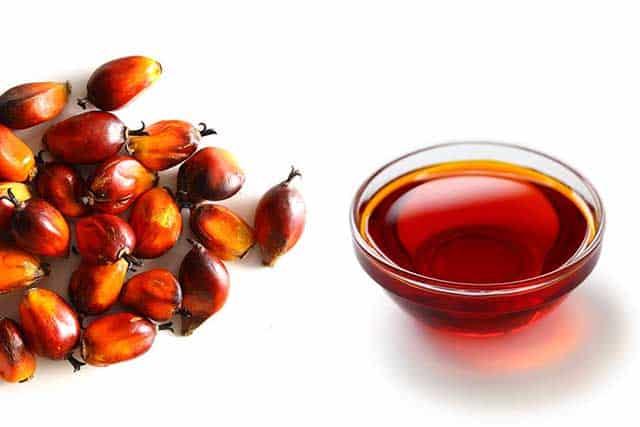The National Palm Produce Association of Nigeria (NPPAN) has highlighted that Nigeria currently spends $600 million annually on palm oil importation.
Mr. Alphonsus Inyang, the National President of the association, emphasized in an interview in Abuja that this trend is detrimental to national development.
Inyang noted that if the palm oil sub-sector received more attention from successive governments, the country could save this substantial amount and redirect it to bolster the economy.
He lamented Nigeria’s shift from being self-sufficient in palm oil production to now heavily relying on imports.
Highlighting Nigeria’s past dominance in the palm oil market, Inyang recalled that in the 1960s, the country led global production and exportation, accounting for over 60% of the world’s palm oil.
However, this has changed, with over 50% of the product now being imported.
Currently, Nigeria ranks fifth among palm oil-producing countries, trailing behind Indonesia, Malaysia, Thailand, and Colombia.
Inyang warned that Nigeria’s position is at risk of being overtaken by smaller countries that are investing significantly in the sector.
Citing data from the U.S. Department of Agriculture, Inyang stated that Nigeria currently produces 1.4 million metric tons of palm oil, accounting for 1.5% of the global output.
This falls short of domestic consumption, which stands at approximately three million metric tons annually, creating a deficit of over 1.6 million metric tons.
Inyang urged the government, particularly the Federal Ministry of Agriculture and Food Security, to support NPPAN members by providing seedlings to develop 250,000 hectares per year.
He emphasised that with necessary inputs like seedlings, fertilizers, logistics, and implements, the association could close this gap within four years and create new millionaires in 28 states across the country.




